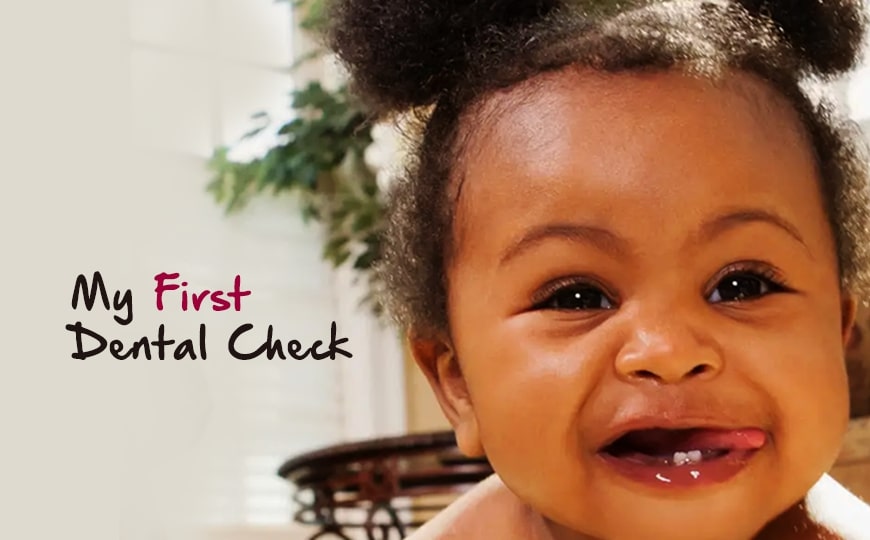You have definitely heard that an ounce of prevention is worth a pound of cure.
In dentistry, you might say it’s worth two pounds. Maybe even thousands and thousands of shillings.
Why is this? Dental problems can become exponentially more expensive — and extremely painful — the longer you ignore them.
Fortunately, today’s dentistry has many easy and inexpensive ways to make sure that current dental issues don’t turn into tomorrow’s headache.
Preventive dentistry is a field in dentistry, whereby tooth decay and other diseases are arrested in the early stages.
This includes:-
Cleanings.
There’s no other way for physically removing disease-causing dental plaque and calculus (tartar) from your teeth — especially in hard-to-reach areas near the gum line.
That’s why regular (EVERY 6 MONTHS) professional cleanings are so important to your health.
X-Rays.
For around a century, dentists have been using x-rays to reveal signs of disease not visible to the naked eye.
Now, with these indispensable tools, we are able to diagnose tooth decay, gum disease, bone density, bone volume, and tumors. Dental X-Rays are safe! talk to your dentist if you have any concerns about them
Dental Sealants.
These invisible plastic coatings fill the tiny grooves in back teeth so they do not harbor bacteria.
They prevent cavities from forming and eliminate the need for fillings later in the future.
Fluoride.
This mineral is readily incorporated into the teeth’s mineral structure, thereby making them stronger and more decay-resistant.
Fluoride can even reverse tiny cavities that are starting to form. If you are not getting enough from your toothpaste and drinking water, it can be applied directly to your teeth at the dental office.
Depending on your water source, discuss with the dentist if fluoride is appropriate for you.
Mouthguards.
Athletic mouthguards are designed to absorb and distribute the forces of impact and minimize traumatic injury to both the hard and soft tissues of the mouth.
In fact, an athlete is 60 times more likely to suffer harm to teeth when not wearing a mouthguard.
The best ones are custom-made for you by your dentist.
Oral Cancer Screenings.
Your best chance of surviving oral cancer — a disease that affects not only lifelong smokers but also young non-smokers — is early detection and treatment.
Oral cancer screenings are a routine part of every regular dental exam.

